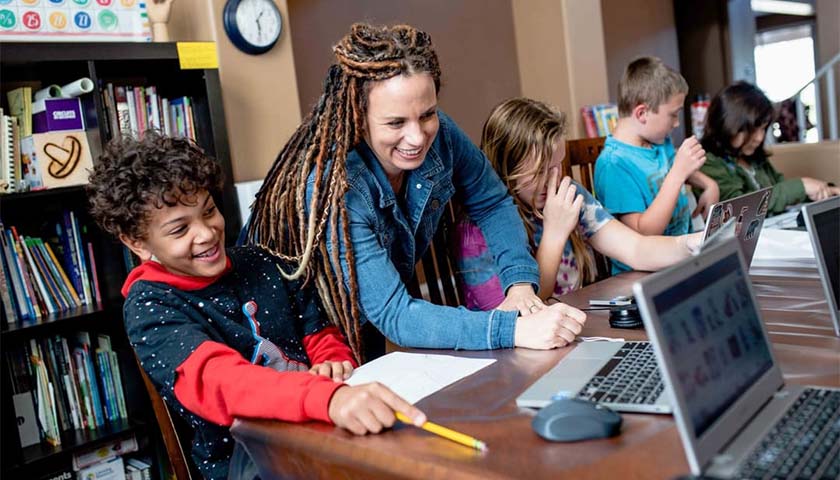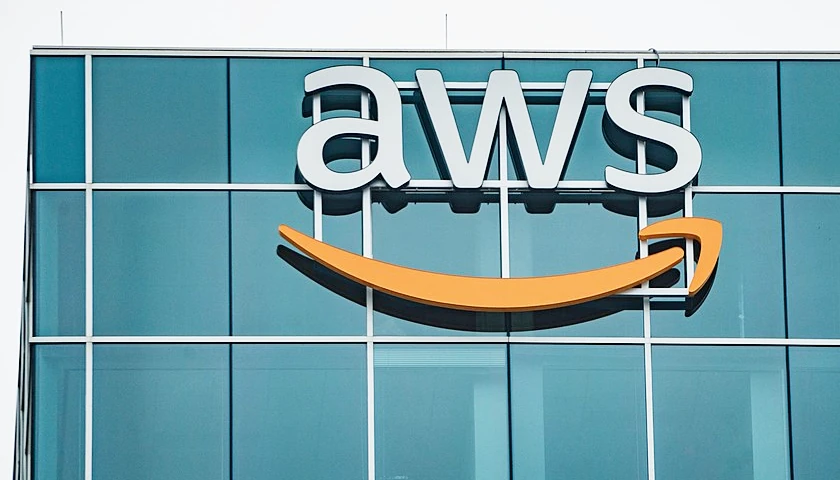School closures, coronavirus mandates, and district struggles to provide adequate remote learning platforms for students have led parents, and some teachers, to think outside the box to create their own private “microschools” that provide individualized learning and flexibility.
In late summer of 2020, as many school districts wrestled with reopening amid government-imposed mandates and teacher union demands, Jason Bedrick, director of policy at EdChoice, and his colleague, fellow Matthew Ladner, prepared a report at Heritage.org that explained the concept of microschools:
Microschools and pods are a 21st-century reimagining of the one-room schoolhouse. Although there are not yet universally accepted definitions of these terms, they generally refer to small clusters of families that pool resources and collaborate to educate their children. Microschools tend to have about five to 15 students, although some self-declared microschools have as many as 150 students.
Microschools also tend to have an in-person instructor hired by the students’ parents, and they are often affiliated with a larger network or organization, such as Acton Academy or Prenda School. Pods tend to be independently parent-led and even parent-taught, though many pods pool their resources together to hire instructors.
Kerry McDonald, a senior education fellow at Foundation for Economic Education (FEE) and author of Unschooled: Raising Curious, Well-Educated Children Outside the Conventional Classroom, wrote in December microschools had been gradually becoming popular prior to the pandemic.
She described how one microschool network, Prenda, grew in two years from 80 locations throughout its home state of Arizona, primarily in private homes, with about 550 students enrolled, to approximately 3,000 students in multiple states, including Colorado, Kansas, Louisiana, and New Hampshire.
“Between teacher strikes, COVID, and the school board wars, there has been a lot of energy spent in fights between adults, at the expense of kids learning,” Kelly Smith, Prenda’s founder, told McDonald. “Many educators, parents, and policy-makers are starting to see microschools as a format that balances small groups, flexibility and academics.”
During her LiberatED podcast, McDonald spoke recently with Jill Perez, a teacher who saw parents needed more flexible learning alternatives for their children.
Perez, a certified middle school math and social studies teacher who also home-schooled her own children during the 2020-2021 school year due to mask- and other COVID-related mandates, joined with other parents to form a small “learning pod” in which they together bought a curriculum and met in their homes for learning activities.
In 2021, Perez transformed her learning pod into a learning center in Monmouth County, New Jersey, called Tranquil Teachings, which now has 40 students enrolled.
“The fact that we were fearing people was also very problematic to me,” Perez said about her move to launch her venue.
“The schools were encouraging our children to keep six feet apart and to not be near someone while they were having lunch,” she explained. “That was so contrary to the message that I felt as a parent I wanted to share with my own kids.”
In addition to providing a flexible and individualized learning option for children and their families, Perez has also created a place for teachers who have chosen not to comply with their school districts’ coronavirus mandate policies.
“These are our thinking teachers,” said Perez. “I was able to take some of these teachers and bring them here and they’re wonderful. They have a lot of skills, they’re questioning things. And they are loving what they are doing in a way that they haven’t in years.”
– – –
Susan Berry, PhD, is national education editor at The Star News Network. Email tips to [email protected].
Photo ” Prenda” by Prenda.









This is the America I know and love. Godspeed